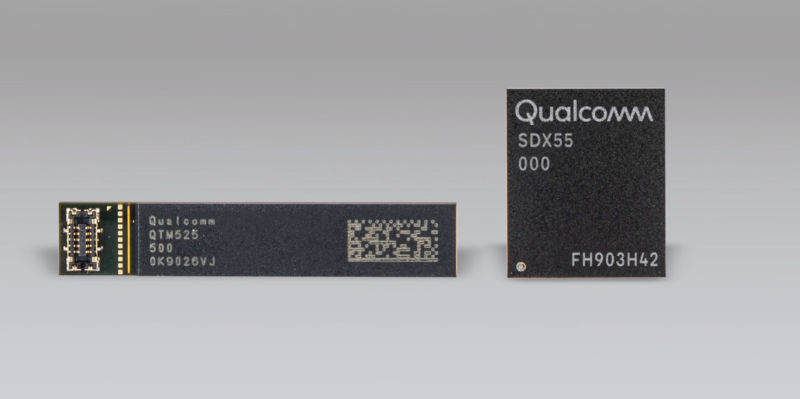
Qualcomm’s new CEO, Cristiano Amon, says the company will have no problem producing laptop chips to compete directly with Apple’s M1—mainly because Qualcomm now employs some of the key minds behind Apple’s highly publicized breakthrough.
Amon told Reuters in a recent interview that Qualcomm will attempt to design its own system-on-a-chip (SoC) for laptops without working with ARM, its partner in smartphone chips.
This SoC would include a 5G modem as well as a CPU. Explaining this strategy, Amon said:
We needed to have the leading performance for a battery-powered device. If Arm, which we’ve had a relationship with for years, eventually develops a CPU that’s better than what we can build ourselves, then we always have the option to license from Arm.
This year, Qualcomm purchased startup Nuvia for $1.4 billion. Nuvia was founded by former Apple employees who had worked on the Apple Silicon transition in the lead up to the launch of the M1.
Amon said that Qualcomm intends to use that Nuvia acquisition to drive the development of new chips for consumer devices, including laptops, to offer computer-makers a counterpoint to Apple’s highly efficient silicon.
However, Qualcomm won’t be designing chips for the cloud computing and data center market. Amon noted that “we are more than willing to leverage the Nuvia CPU assets to partner with companies that are interested as they build their data center solutions.”
The Nuvia founders’ departure from Apple in 2019 was contentious. They said they left Apple to design new chips to compete with Intel and AMD in the desktop or laptop markets, but Apple sued them, claiming that the founders took proprietary Apple technology and poached engineers in order to turn around and make Apple acquire Nuvia to regain control of what it had built.
Whatever the original intention, the dispute remained unresolved when Qualcomm acquired Nuvia. Qualcomm expects to start producing the chips in question starting in 2022.
https://arstechnica.com/?p=1777958

